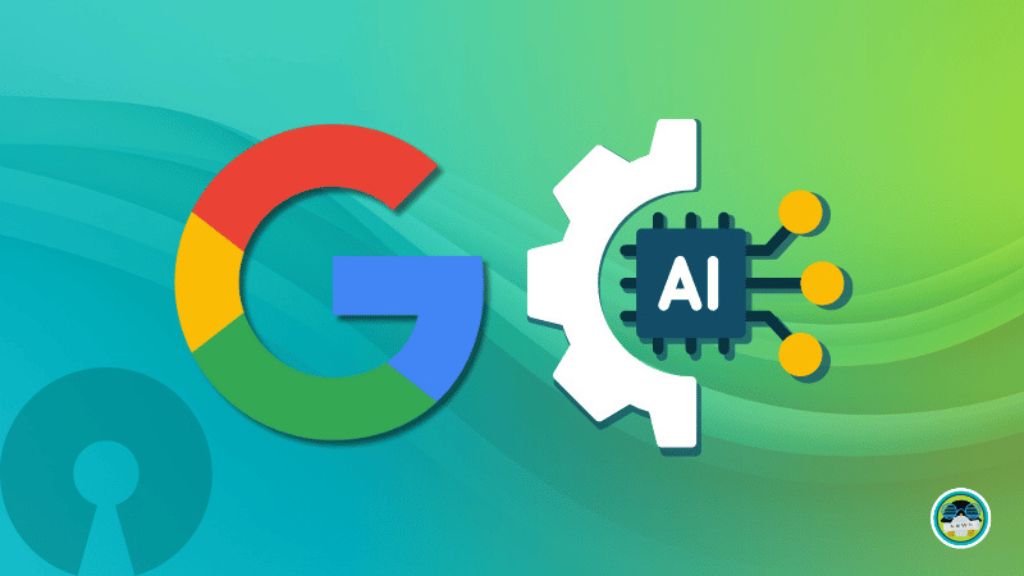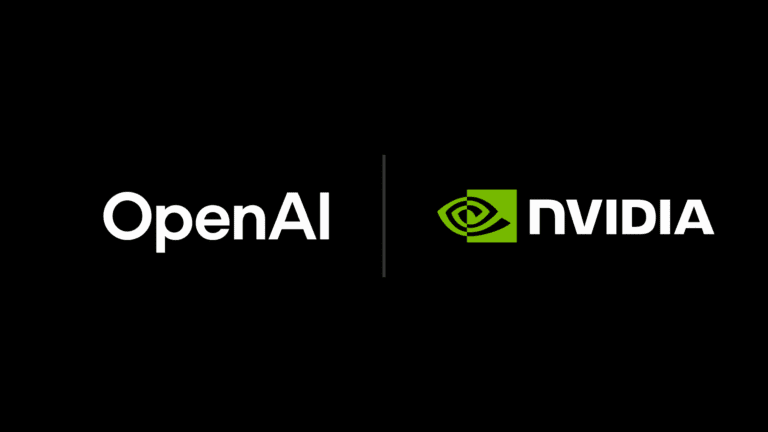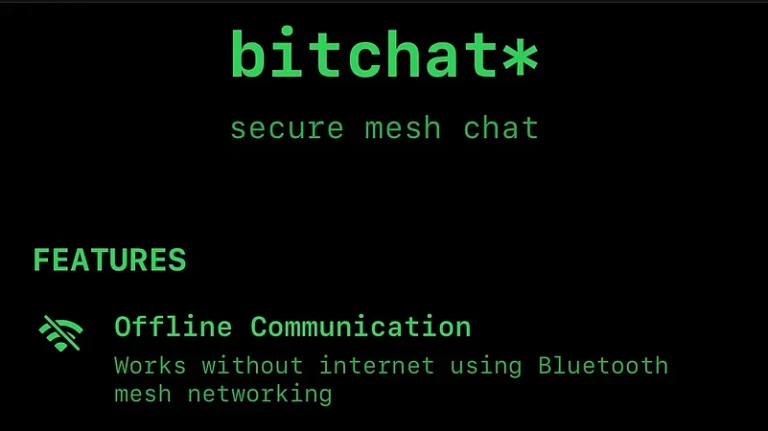
In what could be a significant leap forward in artificial intelligence, Google is reportedly crafting an AI system designed to take over your computer’s controls, performing tasks as if it were an extension of the user’s own hands. Dubbed “Project Jarvis,” this innovative AI could redefine how we interact with technology, turning complex tasks into simple directives.
What is Project Jarvis?
Project Jarvis, as insiders call it, aims to be a ‘computer-using agent’—an AI that can operate within web browsers to execute tasks like researching topics online, making purchases, or booking travel arrangements. According to sources close to the development, Google plans to showcase this technology as early as December, potentially alongside the launch of its next-generation Gemini large language model, which will power this AI’s capabilities.
The Mechanics Behind the Magic
The AI system is envisioned to work seamlessly within the user’s digital environment. Imagine telling your computer, “Find me the best deal on flights to Tokyo,” and watching as your AI agent opens a browser, searches for flights, compares prices, and even books your ticket based on your preferences. This isn’t just about automation; it’s about creating an AI that thinks and acts with a level of human-like understanding and decision-making.
Impacts on User Experience
- Simplification: For many, navigating the internet can be daunting with the vast amount of information available. An AI agent could drastically simplify this process, making digital life more accessible for everyone.
- Efficiency: Tasks that might take a human several minutes or even hours could be accomplished in moments by an AI. This could transform productivity, especially in research-heavy fields or consumer decision-making processes.
- Accessibility: For individuals with disabilities or the elderly, this technology could serve as a digital assistant, helping to manage daily tasks without the need for physical interaction with the computer.
Privacy and Ethical Considerations
With such powerful tools come significant responsibilities. Google’s development of Project Jarvis raises important questions about privacy, security, and the ethical use of AI:
- Data Privacy: Ensuring that the AI respects user privacy and handles data securely is paramount. How Google will manage data permissions and user consent is yet to be detailed.
- Ethical Use: The potential for misuse or unintended consequences in automating personal tasks cannot be overlooked. There’s a need for frameworks that prevent the AI from making unauthorized decisions or purchases.
The Competitive Landscape
Google isn’t entering this field alone. Competitors like Anthropic with their own AI agent technologies are also in the race. This competition could spur rapid advancements but also underscores the need for responsible development practices across the industry.
Looking Ahead
As Project Jarvis moves towards potential public demonstrations, the tech community and consumers alike watch with bated breath. The implications of such AI could be vast, touching everything from personal productivity to how businesses operate online. However, Google faces the challenge of not just innovating but doing so in a way that maintains trust and security in an increasingly AI-driven world.






